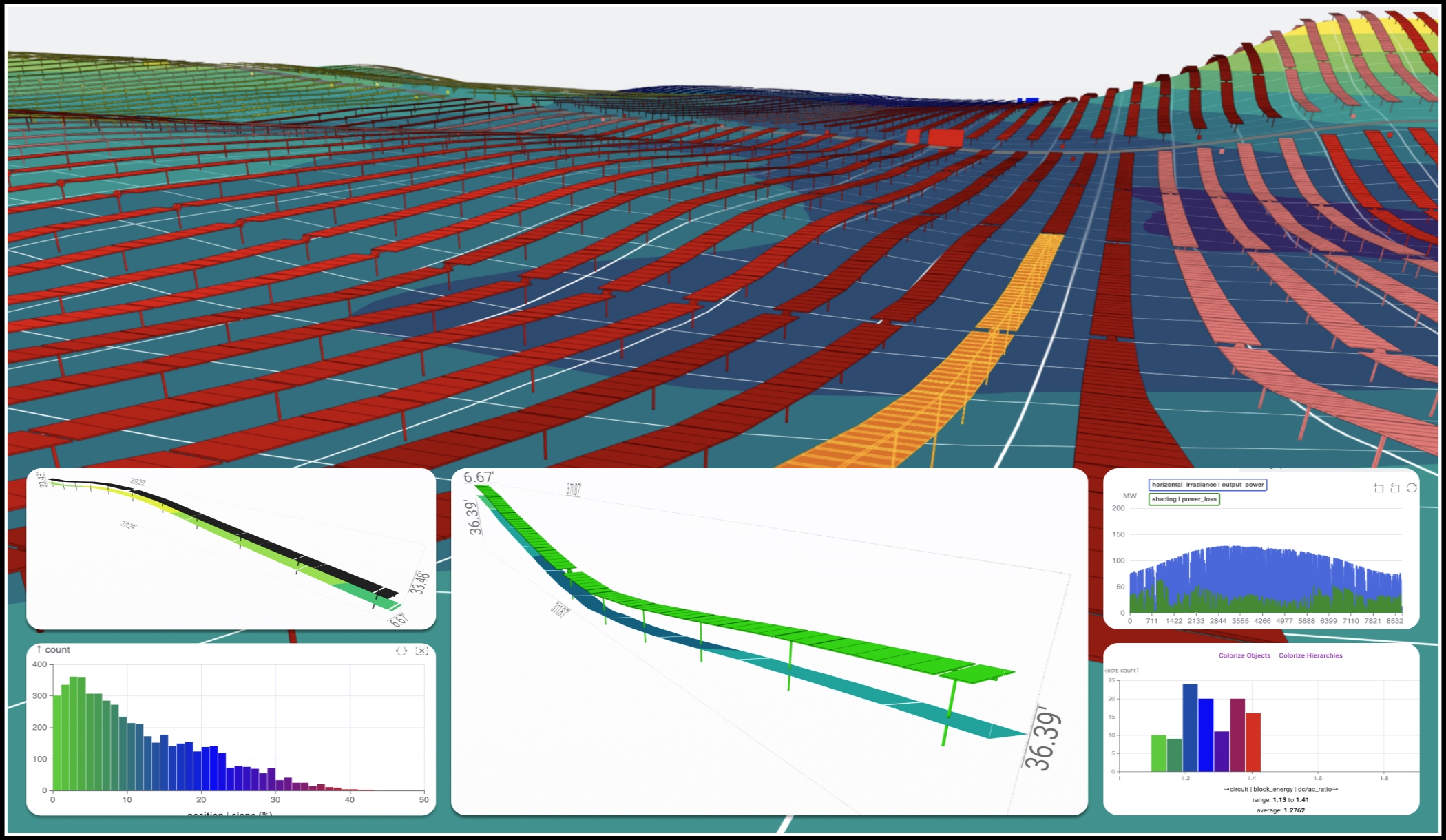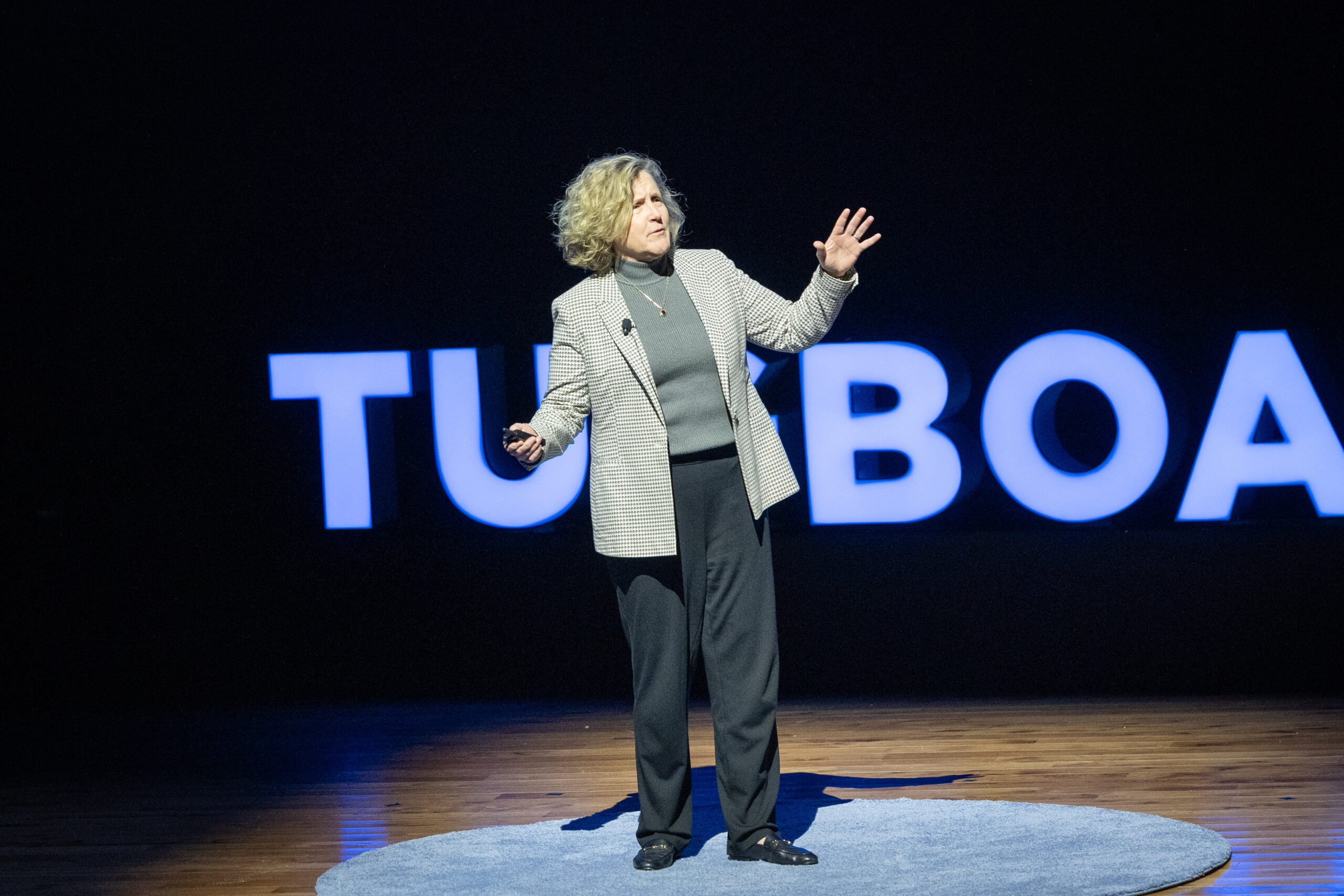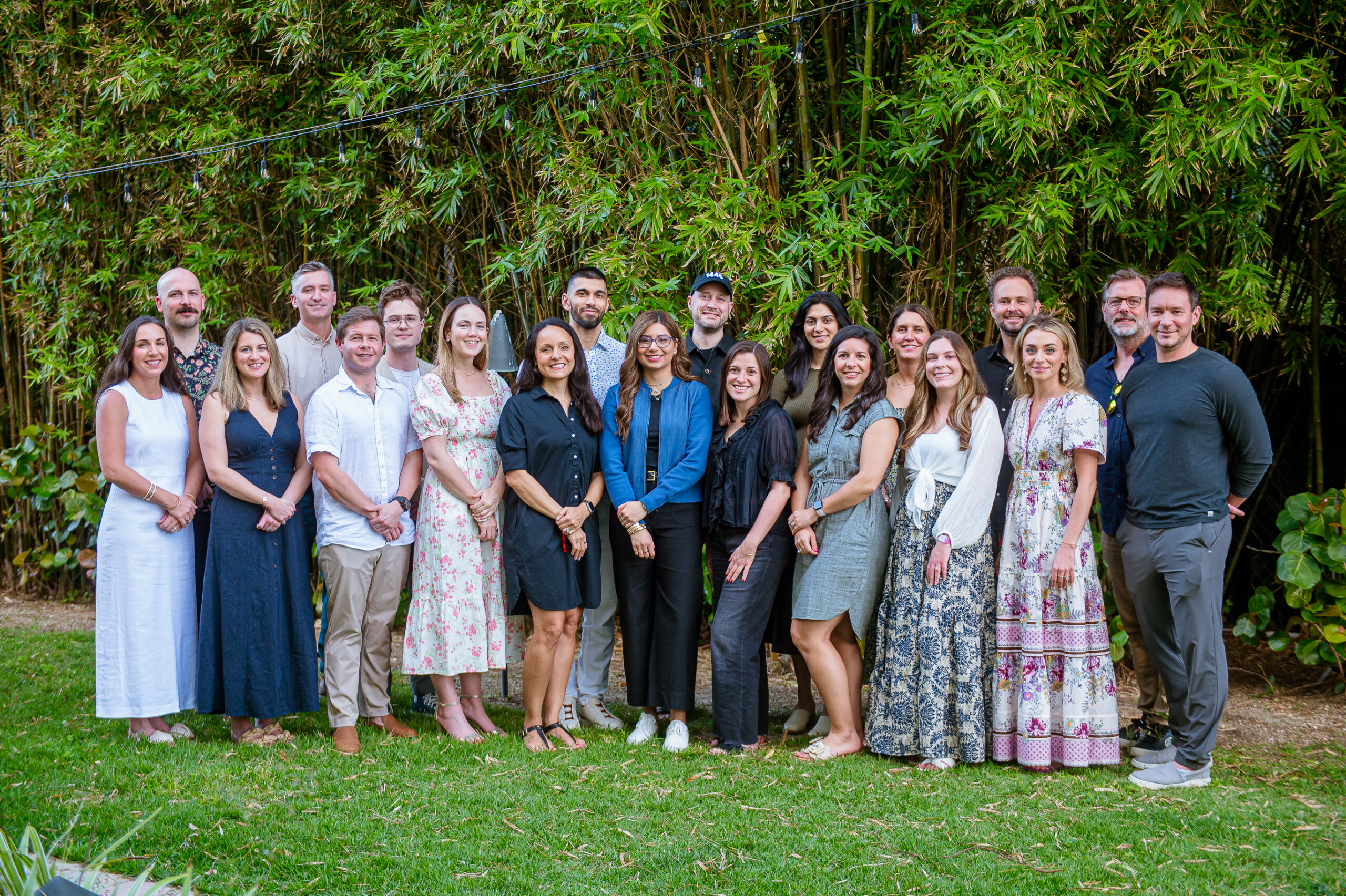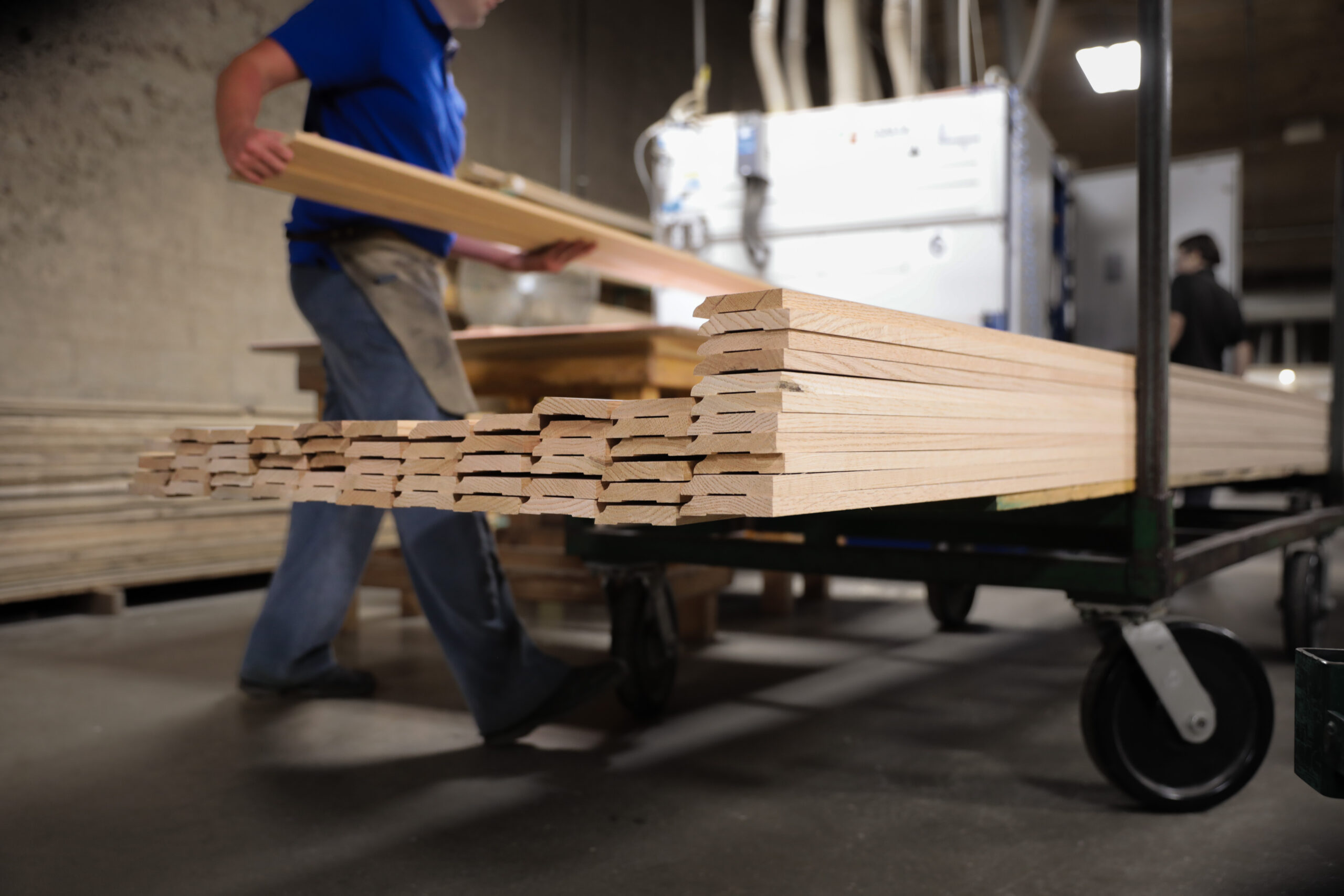

AI Doesn’t Replace Human Expertise, It Enhances It
- Ray Sedey
- McCarthy Holdings, Inc.
At McCarthy, our 100% employee-owned construction company, we have been in business for almost 160 years. We have grown from a small lumber company founded in 1864 into one of the largest and most diversified commercial construction companies in the U.S. That kind of timeline requires that a company reinvent itself constantly, and that kind of growth requires an understanding of how to scale. But these are not lessons we learned just once. As new problems present themselves and as the world evolves and changes, we are required to repeatedly tackle innovation and scaling challenges. Today, the pace of change is almost dizzying, but like in the past, a challenge – this one having to do with scale – served as the impetus for our recent foray into the world of Artificial Intelligence (AI).
The genesis of our AI tool began with a business problem. Around two and a half years ago, a group of forward-thinking team members at McCarthy set out to improve the design solutions for our renewable energy projects, primarily in the solar and battery storage sector. The demand for renewable energy installations was growing fast, but they realized that adding more human resources to address the demand wasn’t a sustainable solution. In a highly competitive job market, they saw we needed to find a way to scale operations efficiently.
To tackle this issue, the team first searched for a product that already existed, but there was nothing out there that did everything they wanted it to do. In addition, when working with AI technologies, protecting sensitive data and ensuring it remains in a secure environment is a paramount concern, so developing our own product quickly became appealing. Their next step was trying to develop an in-house solution, working on possibilities to automate the design process. They soon realized that required external expertise, so they enlisted the help of a Belarus-based development team. Once Russia invaded Ukraine, the team relocated to London.
Together with this team of excellent software engineers, we created a product to help automate the design and implementation of a solar plant using artificial intelligence. It was far better than anything else on the market and set us on the path to being able to scale like we needed to. Initially, McCarthy and the software development team shared intellectual property (IP) equally for the new product. We made a significant decision to acquire full ownership of the IP earlier this year, solidifying our control over the PV Farm tool. We have also established a joint venture with the developers to continue refining and enhancing it.
PV Farm is designed for utility-scale solar projects and it can revolutionize the way renewable energy projects are conceived and executed. The tool takes input from various sources, including landowners and developers, drone-based topographical data, and it procures information from component manufacturers like panel producers and inverter manufacturers. It then leverages this data to optimize the design of solar projects, reducing the need for extensive earthwork and optimizing the energy output. This is all work we have done for some time, but it used to take three to four weeks and required a team of skilled professionals. With PV Farm, the process is significantly expedited and streamlined, taking only a matter of hours with the right team. The tool doesn’t just optimize the design, it also generates all the necessary data for project execution, from trenching requirements to cable placement.
An important learning through this process has been that while AI is an invaluable and powerful tool, it is most effective when combined with smart and knowledgeable people. Our team members spearheading this initiative are great examples of that. Without their clear and expert vision and leadership, their partnership with the engineers would not have resulted in such an excellent product. AI doesn’t replace human expertise; it enhances it. We were able to test this belief recently.
We had hired a smart young intern and after only a month of working with the program, he was able to confidently present an excellent plan for a new project to company executives — this despite having no prior experience in the solar energy sector. PV Farm’s user-friendly interface makes it intuitive and empowers people to work more efficiently, even without prior experience in the field. The tool doesn’t do the work all by itself, but in the hands of the right, intelligent person, it can increase productivity and quality of work exponentially.
Another key takeaway from this experience is the importance of fostering a corporate culture where employees feel empowered to tackle challenges with innovative solutions. I wasn’t even aware of what we were doing with AI and solar until about 18 months after the team started. And that’s OK. As soon as they saw they were onto something that was going to become an important part of what we do, they brought it to me. To me, that reflects a vibrant, forward-thinking culture where people have the confidence and trust to tackle and work through initiatives like this on their own. The development of PV Farm was initiated by a team of employees that recognized the potential for improvement and had the support and resources to pursue their vision. This culture of innovation is a crucial factor in staying at the forefront of industry advancements.
Our experience creating PV Farm is a good example of the potential of AI to drive efficiency and innovation within the renewable energy sector. As other companies look to leverage AI in their operations, our path through this process can translate to almost any industry — start with a business problem, empower a team of innovators, and recognize the potential for positive change in an ever-evolving industry.
More Articles and Videos

Both/And Thinking: Harnessing the Positive Potential of Tensions
- Marianne Lewis
- Carl L. Linder College of Business, University of Cincinnati

Leading Through Uncertainty – Tugboat Institute® Summit 2025
- Jackie Hawkins
- Tugboat Institute

Get Evergreen insight and wisdom delivered to your inbox every week
By signing up, you understand and agree that we will store, process and manage your personal information according to our Privacy Policy




